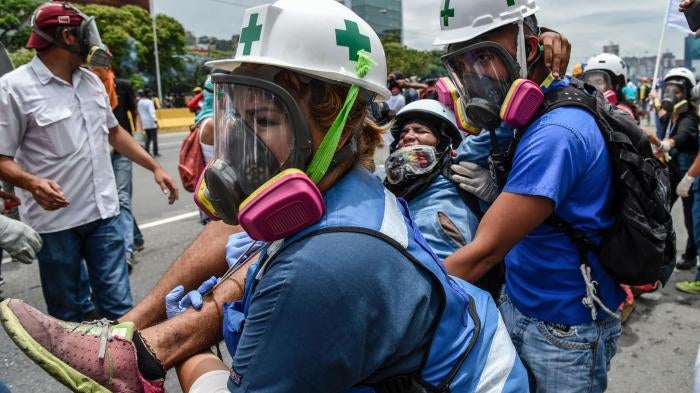From a purely pragmatic point of view, it’s in Brazil’s best interest to join forces with the vast majority of democratic governments in the region, which are pushing to restore basic rights and the rule of law in Venezuela. Its international legitimacy and credibility will depend on being seen as a reliable partner that is committed to universal values. If, instead of supporting this process, Brazil is on the sidelines, the perception will be that the Brazilian government doesn’t care, isn’t strong enough to lead, or even worse, is quietly supporting a dictatorship.
The Venezuelan government cares about what other countries do and say. Its decision to depart from the OAS is a tactical move to attempt to limit the impact of mounting regional criticism. Interestingly enough, the Venezuelan government has announced that its foreign minister will participate in the upcoming OAS General Assembly meeting in Mexico.
Moreover, under OAS rules, the decision to leave the organization will only enter into effect in two years. Venezuela therefore continues to be bound by its human rights and democracy obligations included both in the OAS Charter and in the Inter-American Democratic Charter.
The success of this multilateral effort—for which Brazil and other nations such as Mexico, Peru, Canada, and the United States can take credit—is ensuring that the Venezuelan crisis remains a top regional priority. Whether they are able to negotiate a strong resolution by consensus still remains to be seen, but in the meantime, it is clear that at least 14 governments are working together on this same strategy—so Brazil is not an outlier.
What would be irresponsible would be to stay silent in the face of the Maduro administration’s repression of dissent, suppression of elections, and Venezuela’s humanitarian crisis.








